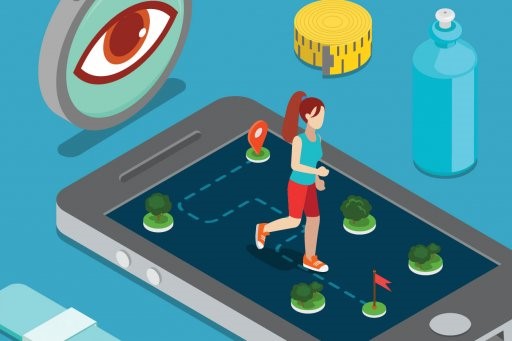In November 2017, Qualcomm and United Healthcare announced that they have integrated Samsung and Garmin wearables into their national wellness program. It enables eligible plan participants to earn more than $1,000 per year by meeting daily walking goals. I believe this is just the beginning of a beautiful friendship between health insurance companies, wearable manufacturers, and the principle of gamification. The latter indicates playful incentives, which could motivate and slightly nudge people into the desired behavior – such as a healthy way of life in the case of health insurance companies.
However, the question is how far health insurance companies should push such gamified solutions. Will they leverage data on accomplished or unaccomplished daily fitness goals to increase premiums for high-risk patients or to reduce their business risks by alerting patients about bad lifestyle choices? What will happen to the patients’ private data? Should we prepare for Dr. Big Brother? How will the relationship between employers, employees and health insurance companies change in the light of easily obtainable personal fitness and health data? As more and more corporations offer health insurance packages with gamified tracking options to their employees, these ethical questions will become increasingly important, and we should offer fair and balanced responses – as soon as possible.
Source: www.dannymekic.com

